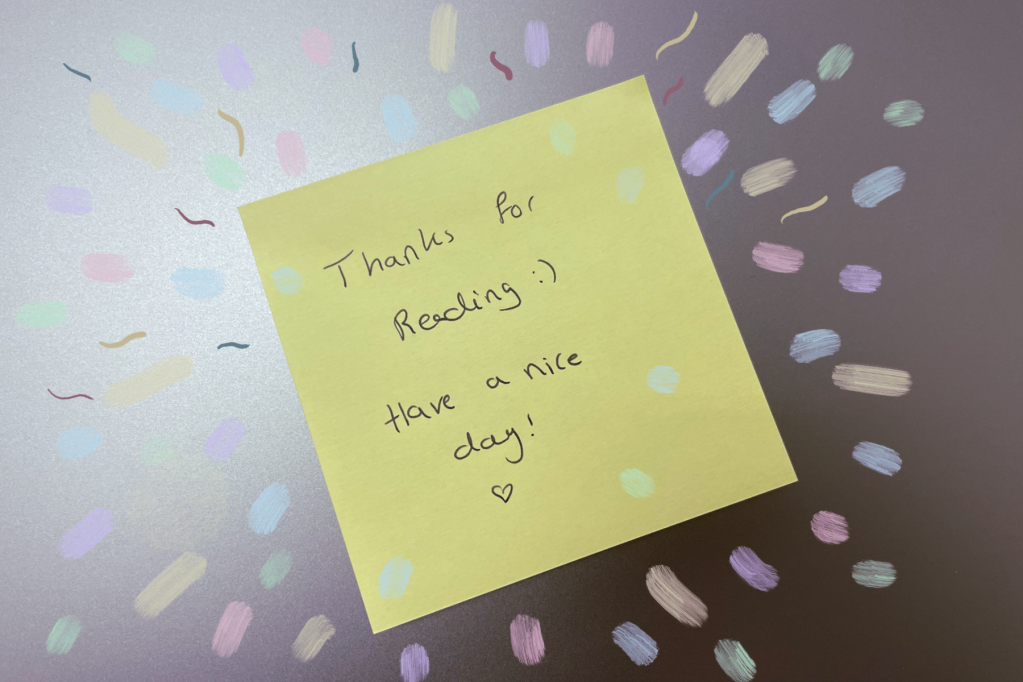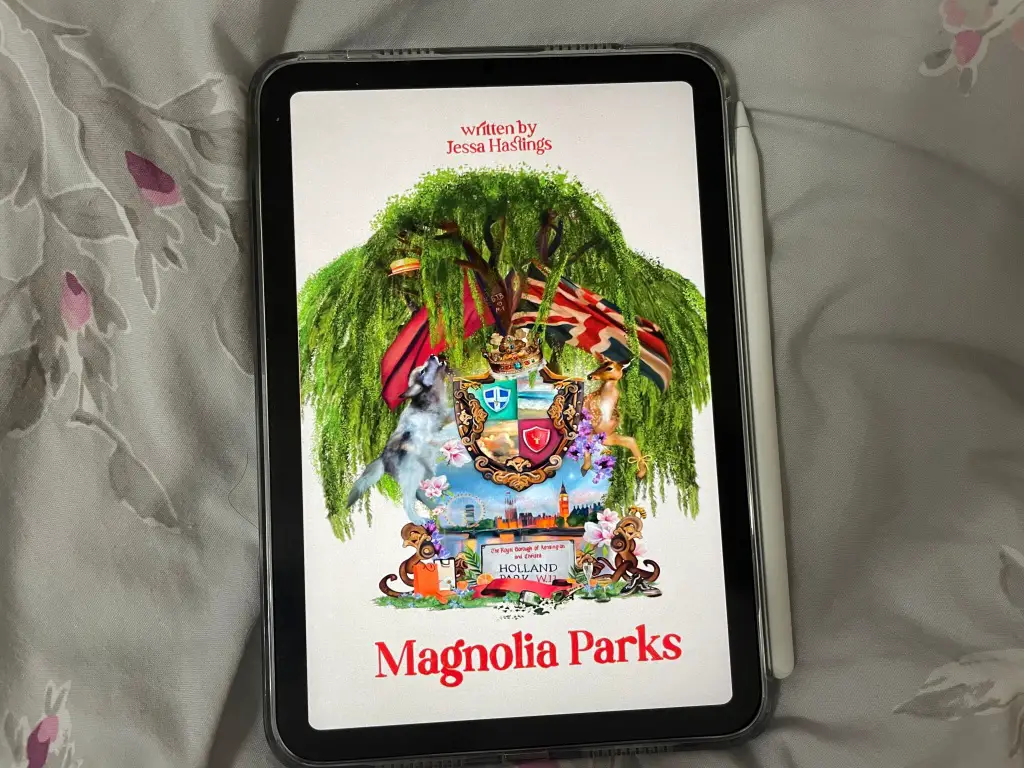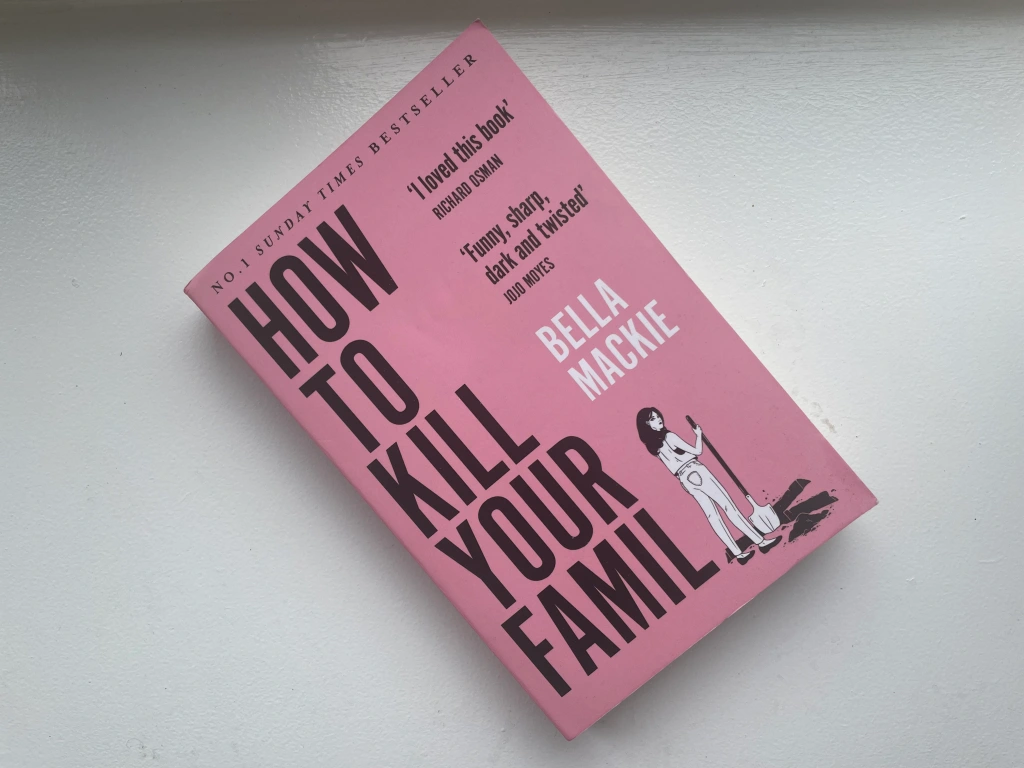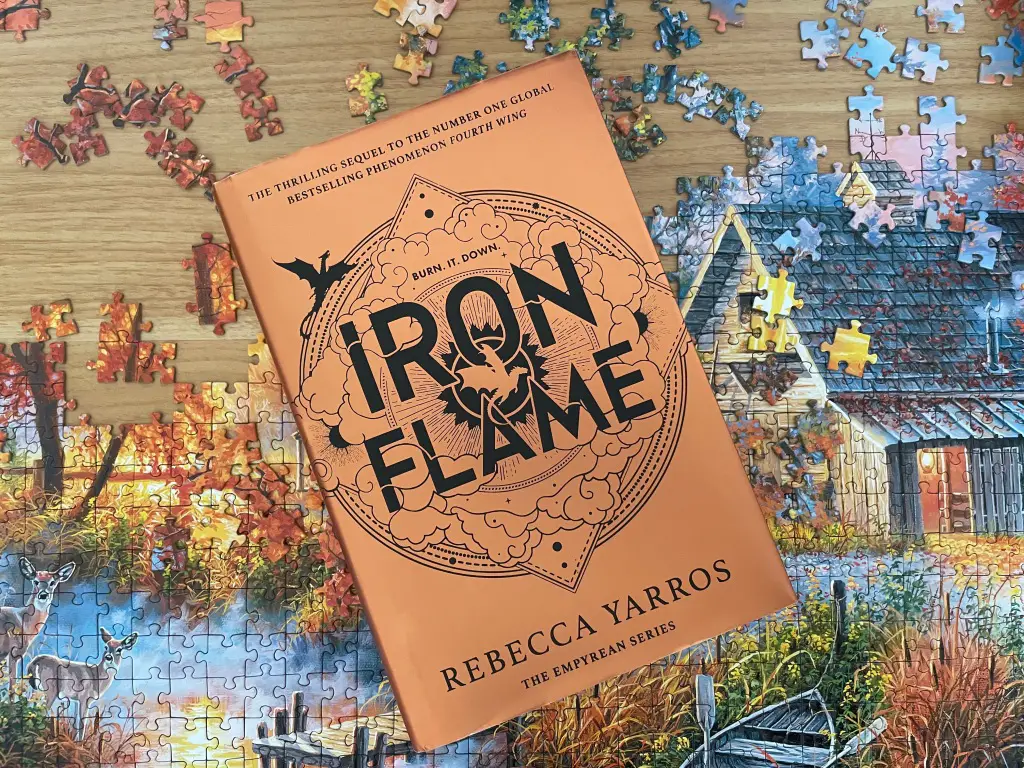You grow up thinking your life is perfect. You’re taken care of since day one and everything is done for you. Usually, somewhere around adolescence, you start to rebel and decide you need to be in charge. Everything needs to be done by you more than for you. It’s an adjustment for everyone who loves you, but its part of life.
Combined with the expectation for you to become a more responsible, useful citizen of the world, this culminates into the start of your independent life. Your independence only increases after that phase. No one is expected to do things for you after this point. It becomes a core state in your being.
In fact, it becomes a little eccentric if your mother still buys your socks for you in adulthood. If you order in everyday instead of learning how to cook a few meals, you are no longer behaving responsibly and your independence will be in question too.
Thus far in your life, society expects you to become fully independent. You grow up, get a job, take care of yourself and set yourself up for a comfortable life.
Then, all of the sudden, you’re expected to find a partner and spend the rest of your life with them. You’re expected to share the life you’ve built for yourself with someone else. If it isn’t 50/50 then it isn’t fair or healthy, either.
It is disorienting.
You don’t get any real training either. You just have to jump in head first into something you’re hoping to keep for the rest of your life.
It is scary, but it’s easier when you find someone you’re compatible with. Unfortunately, with over 7.8Billion people on earth, it may be hard to find the one person you’re meant to be with. Fortunately, however, there are 7.8Billion people on earth at the moment, so the chances are you can find someone compatible with you who makes you happy.
This isn’t the point. The problem is, even after finding someone, adjusting to being a partnership after an entire lifetime of learning to be independent is a tough ask. There’s no one way to do it, and everyone always has something to say. Whether its a condition, criterion or advice, everyone always thinks they’re right.
Thing is, if everyone thinks they’re right and everyone is in possession of different, sometimes opposing schools of thought, someone has to be wrong. Right?
No, I think everyone’s input on relationships is valid, but only for their own experiences.
The way people make their way from complete independence to sharing life with someone else will differ. Just as you learned to become independent on your own, you will have to learn to adapt yourself to sharing with your partner too.
Having someone expect things of you, care for your opinion, plan their future with you is not for those who aren’t ready to allow someone else a say on their life. Sharing your life with someone else, being in an equal partnership by definition means that everything you think will apply to them and everything they think will apply to you.
Which means, you won’t be able to make big decisions alone anymore. You’ll have to get their opinion and they’ll have to do the same.
If you need to move for work, your partner will get an equal say on the validity of this decision. If you need to purchase a new coffee machine, your partner should agree and help you pick one too – assuming they’ll be using it or if they care at all. You
It’s a big adjustment, and yet people receive no training on it. There’s not even a standardised process – not one that’s public knowledge anyway. I’m not entirely sure why we, as a society, feel we have the right to comment on other’s experiences at all.
Learning to live as a partner after growing up as an independent is a part of your 20s (or 30s, or whenever). It’s an experience that you start to get exposure to and usually have to tackle and grow to progress to the next stage of your life.
Growing from a single entity to a collective one is a skill that you usually have to learn in your 20s. Its both a challenge and a reward all at once, but it is usually inevitable. Another part of growing up. Think about it.
Thanks for reading! 🙂







Leave a comment